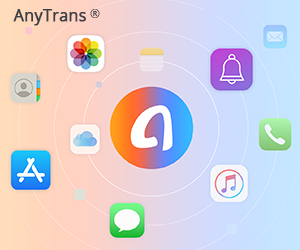
As August begins, we have already seen so many budgetary kites take flight to tell us the making of the next year’s budget starts earlier each year.
Right now, Ireland is a rich nation and its people have expectations that accord with that. But in a Trumpian discordant world, that situation could change rapidly, as we found to our cost in 2008 when we entered what former finance minister Michael Noonan later called “a lost decade”.
Ireland’s small, open economic model leaves us susceptible to swift boom-and-bust switches.
In early October, we will learn the 2026 financial plans of “Mr Prudence” himself, Finance Minister Paschal Donohoe. Many of us believe we deserve more goodies, but this is more a time for caution.
If tough global economic times hit soon, we will be in a better position than we were in 2008, but the atypical budget surplus, which contrasts with our European neighbours, can only cushion so much.
Ireland cannot be an economic outlier forever. We are reminded that the days of the early 2000s, when taoiseach Bertie Ahern declaimed that the “boom just got boomier”, presaged tough economic times.
The impact of Donald Trump’s tariffs may diminish the resources available for such largesse
Mr Donohoe and his colleagues insist that one-off budget payments, like electricity bill grants, are not going to happen next year, but closer analysis suggests the Government’s dilemma is that voters will notice the difference if they do not happen again. This is particularly true for households with children, who benefited from two double welfare payments.
For a single worker on €50,000 last year, the budget measures delivered about €860 extra per year. When you add the two energy credits amounting to €250, you find it was a nice bonus that will be missed.
The impact of Donald Trump’s tariffs may diminish the resources available for such largesse, which should at all events be targeted, rather than blanket, measures. It may also provide some political cover for a more prudent approach to public spending.
Last month’s Summer Economic Statement indicated that there would be scope for a tax package of about €1.5bn, but a substantial part of that would be taken up by the pledged hospitality Vat rate cut to 9pc.
Put this alongside keeping the lower Vat rate on household energy bills and you are suddenly over €1bn for a full year. Yet voters want income tax cuts, which are key to politicians’ re-election, assuming there is available cash. Then there is the demand for welfare increases averaging €12 a week last year.
All things considered, the Budget 2026 will prove more challenging than in the years of austerity when cutbacks virtually wrote themselves.
#Irish #Independents #View #Prudence #largesse #economic #sense #Ireland




















